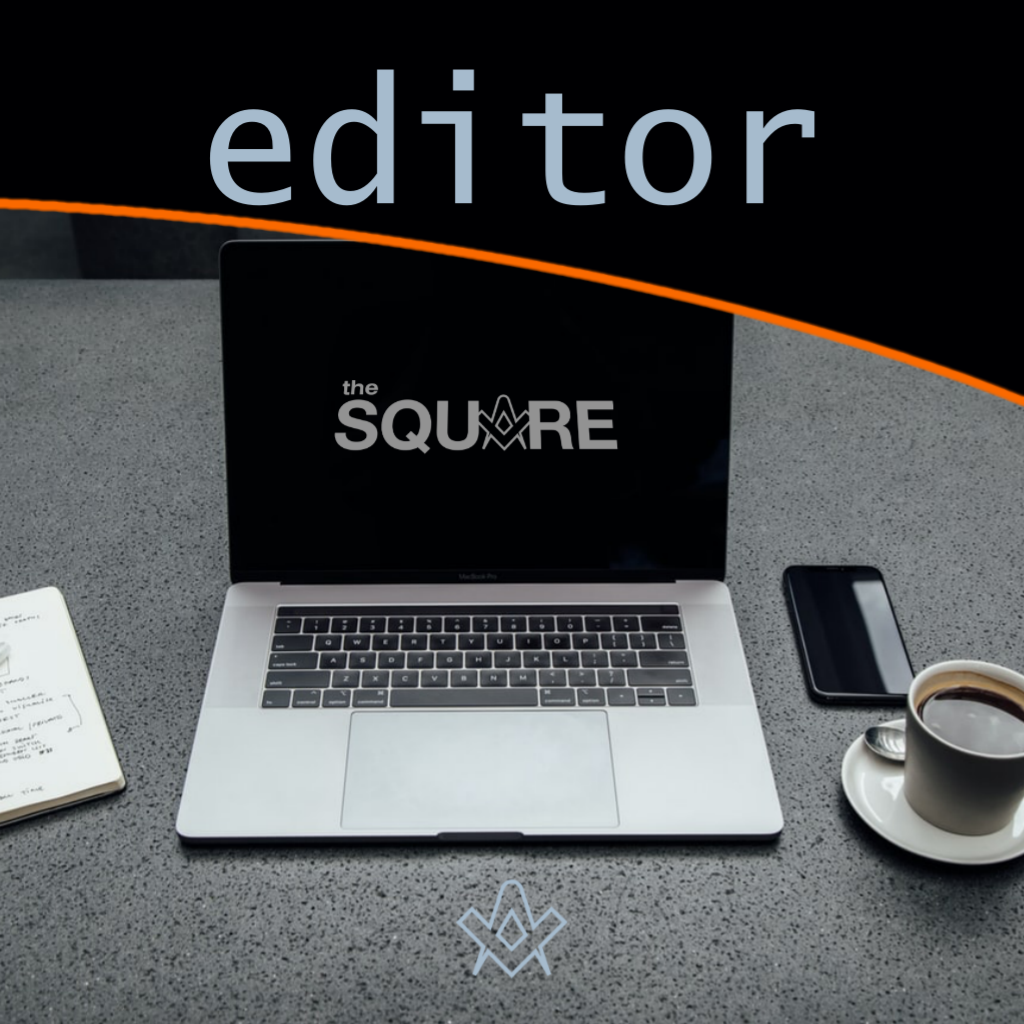Welcome to the April issue of The Square
Language. What of it? Well, this month I have been musing on the subject of linguistics – quite a heavy undertaking considering the complexities of our global forms of communication, but mind-bogglingly fascinating nevertheless.
Language is the glue that binds us as a species – we rely on communication to function, whether that is verbal, written, or using signs and symbols.
At present we are in a world where communication exists on so many levels; I refer primarily of course to social media where written and visual communication is king.
But we are also at a crucial stage in our societal development whereby we also need to evaluate on a moment-by-moment basis as to whether the communication we receive is ‘real’ or ‘fake’.
Then we have to allow our brains to process this information, all the while running it past our individual biases and preconceptions.
Exhausting, and very tricky; where all the common mistakes regarding our understandings of this input are made.
Down this winding rabbit hole lies at best ignorance and at worst conspiracy theories and disinformation.
This has been highlighted over the past few years in the information/disinformation surrounding the Pandemic, and more recently, the war in Ukraine.
It is increasingly bizarre to witness how two totally different but parallel narratives are occurring.
Of course, propaganda is nothing new but with the far-reaching tentacles of social media, it is allowing those who do not (or refuse to) understand the facts to fill the minds of others with anything ranging from ignorant misconceptions to dangerous bilge.
This is where critical thinking comes in – yes, I know I bring this up often but it’s crucial, bear with me – that seemingly old-fashioned learning by the Trivium: grammar, logic (dialectic), and rhetoric. Three of my favourite things.
So, what do they mean? Sister Miriam Joseph in her book The Trivium: The Liberal Arts of Logic, Grammar, and Rhetoric (2002), describes them as such:
Grammar is the art of inventing symbols and combining them to express thought; logic is the art of thinking; and rhetoric is the art of communicating thought from one mind to another, the adaptation of language to circumstance.
Freemasonry utilises the trivium – symbolism, allegory, and signs; thinking and semantics (learning and understanding the rituals, the symbolism, signs etc., and the meanings contained), and expressing that learning through communication within the lodge and by applying it to daily life.
This valuable learning is something that many non-Masons do not know or understand about Freemasonry – they have their own misconceptions, mis/disinformation, and conspiracy theories about it.
I fully believe we should go back to teaching the trivium, not just in private education but in the mainstream – get them using critical thinking and the precise expression of that thinking.
It would lead to a far more balanced, and far less stressful world.
This month we have several articles that focus on language, symbolism and learning:
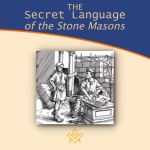
Another part in our series on stone masons and their connection to Free-masons. The Secret Language of the Stone Masons – did you know the stone masons had their own secret ‘argots’? I certainly didn’t until I stumbled over it, and so decided to write this article! Absolutely fascinating – find out here how the artisans of old communicated their thoughts and wisdom.
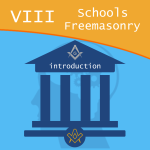
Part 1 of a new series introduces The Eight Schools of Freemasonry – scientific, rational, philosophical, historical, religious, esoteric, romantic, and authentic.
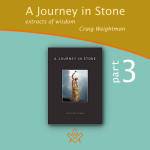
Craig Weightman discusses the Rough Ashlar in his ‘Extracts of Wisdom‘ column.
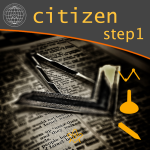
Citizen Step 1 – addresses a value proposition for Pure Ancient Masonry as defined in terms of Citizenship; the allegories, symbolism and lessons are a blueprint for all Freemasons to be a better citizen of the world.
Metaverse or digital Freemasonry is proving to be a binary topic amongst Freemasons.
We had some push back from the administrators of traditional masonic Facebooks groups, who refuse to allow links to our articles to appear in their groups.
While the same article links have had considerable positive interest from Instagram followers.
More surprising that Linked-In users (The Square Magazine does not have a linked-in page), pushed Digital Freemasonry to the top of the most read articles in the March Issue.
Our fascination with the Metaverse continues with two more thought-provoking articles:
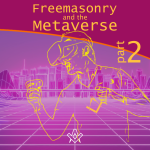
The series continues with Freemasonry and the Metaverse Part 2 –
In this second instalment, Freemasonry and the Metaverse. We discusses the importance of being an open source protocol and how could Freemasonry benefit from a metaverse structure?
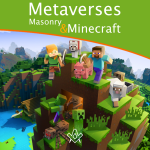
Michael Perry joins us with Metaverses, Masonry and Minecraft: the Future of Lodges. Should Freemasons be proud that a clandestine group has borrowed their symbolism and ideology and transplanted it into a server known as ‘The Worst Place in Minecraft’? Metaverses, Masonry and Minecraft: The Future of Lodges
Regular contributors:
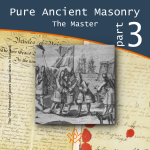
Gerald Reilly offers us Part 3 of his Pure Ancient Masonry.
The Master, Building Better Character – Being raised is a transition from knowledge to wisdom. Also preparation for leadership and management, demonstrated by election to Master of a Lodge.
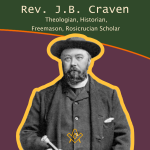
Kenneth Jack profiles one of Freemasonry’s more deep-thinking figures, the Rev. J.B. Craven – Theologian, Historian, Freemason and Rosicrucian Scholar.
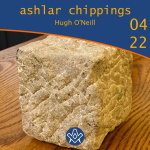
Hugh O’Neill scatters a few more Ashlar Chippings for us.
1) Veiled in Allegory and Illustrated by Symbols
and 2) Intriguing Coincidence?
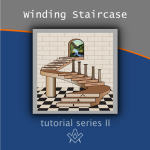
Last but not least, Stephen J. Goulding takes us up The Winding Staircase in his Tutorial Series. Steps to the Making of a Master. The symbolism of each step of the winding staircase is to continue your personal development throughout your life, right up to your last breath in this world.
As always, we also have the usual features of old books, new books, reviews of books, and a whole host of Masonic knowledge to keep you busy with your ‘daily advancement’.
We hope you enjoy this month’s issue. If you do – or if you don’t – drop me a line at editor@thesquaremagazine.com
Until next time, stay safe and well.

Article by: Philippa Lee. Editor

Philippa Lee (writes as Philippa Faulks) is the author of eight books, an editor and researcher.
Philippa was initiated into the Honourable Fraternity of Ancient Freemasons (HFAF) in 2014.
Her specialism is ancient Egypt, Freemasonry, comparative religions and social history. She has several books in progress on the subject of ancient and modern Egypt. Selection of Books Online at Amazon
